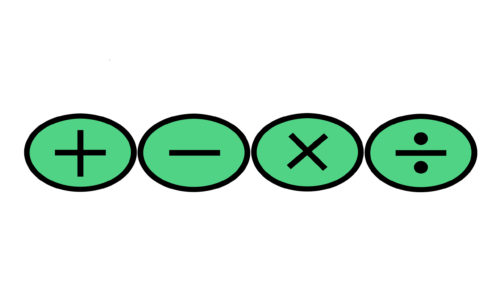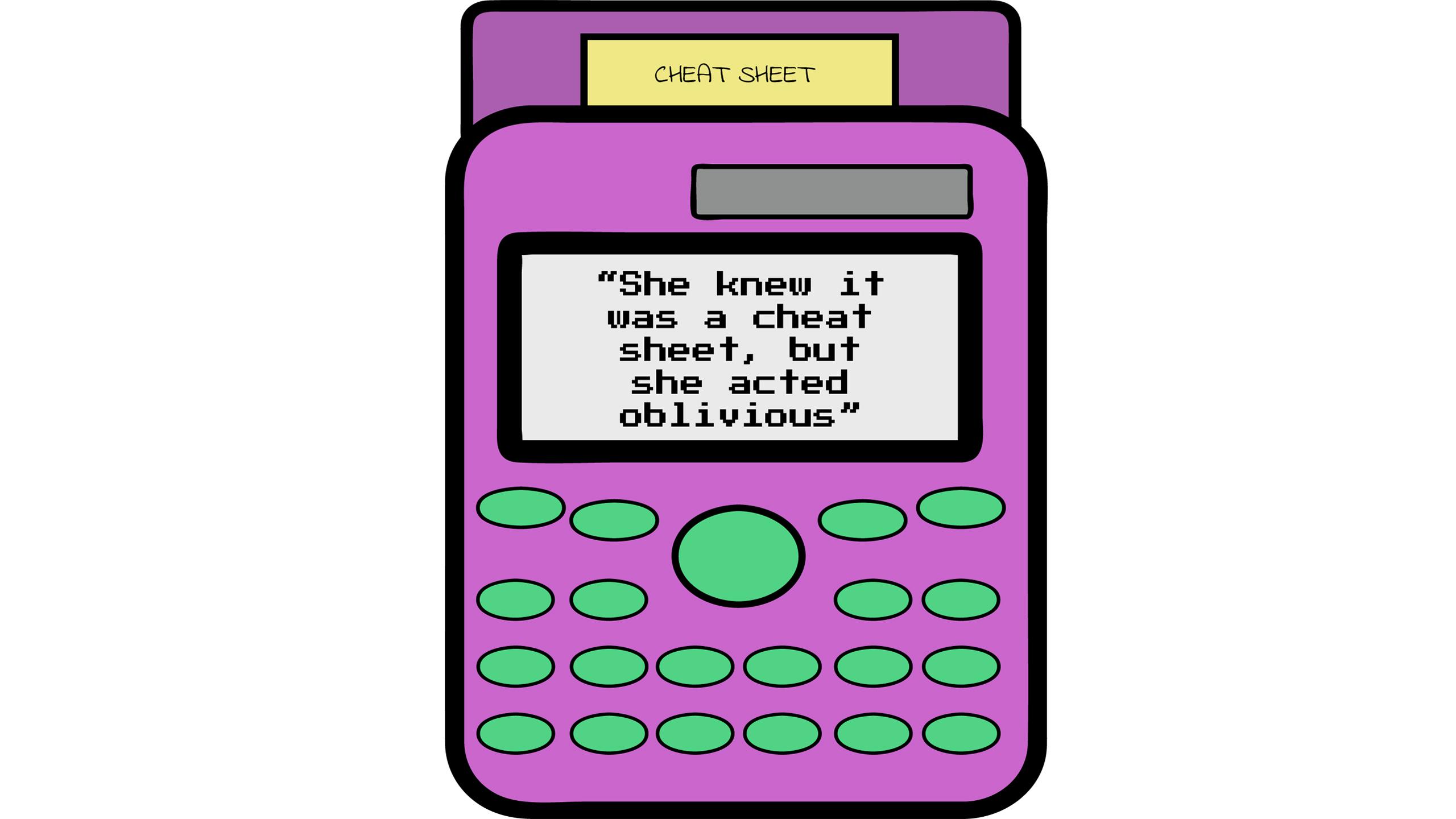WHEN ACADEMIC MISCONDUCT FEELS LIKE THE MOST LOGICAL SOLUTION… THAT IS THE QUESTION. JONATHAN BRADLEY REPORTS.
MMark Rocca*, a creative industries graduate, only had to take one philosophy course to know that the subject was not for him. In his existentialism class in third year, he found it tough to know if he was on the right track, given there is “no real right or wrong [in philosophy], just opinions.” He says he doesn’t deal well with ambiguity.
For the final assignment, Rocca had to write a 2,000 word essay where he had to come up with his own philosophy and argue it using theories discussed in class. He was lost and he had other courses to worry about too, with assignments that would actually relate to his career path. Usually when he faced this dilemma, he was only gambling with 10 per cent of his grade. But this assignment was worth 60 per cent.
“I couldn’t afford to hand in something half-assed but I also couldn’t justify spending what I imagine would have been hours and hours on an essay that was ultimately irrelevant to my professional interests,” he says. He was overwhelmed and needed to prioritize.
Rocca reached out to a friend who had excelled in the same class the year before. She agreed to write him a new essay for $100. They came up with the thesis and outline together, then she went ahead and wrote the assignment, which he then paraphrased and edited.
Cheating wasn’t Rocca’s only available solution, but it made the most sense. He had a little bit of doubt about submitting this essay because he was afraid of being caught. Nonetheless, he clicked submit. Rocca had officially committed academic misconduct.
Ryerson’s policy for academic misconduct defines it as “any behaviour that undermines the university’s ability to evaluate fairly students’ academic achievements, or any behaviour that a student knew, or reasonably ought to have known, could gain them or others unearned academic advantage or benefits.” Examples of academic misconduct include cheating, plagiarism and misrepresentation of personal identity or performance—passing off someone else’s work as your own.
According to the Academic Integrity Office (AIO), in the 2017-18 school year there were 635 suspicions of academic misconduct. About 76 per cent of suspicions were for plagiarism and almost 70 per cent of these cases ended with a guilty verdict.
While the AIO reports that the most common penalty in the 2017-18 school year was a mark of zero on the work, the penalties can escalate from failing the course, to academic suspension—even to having one’s degree revoked. Last year, a Simon Fraser University student was arrested, along with the woman they had paid to impersonate them in order to write a final exam.
While cheating can be punished as a crime, it is not always an act of malevolence. It can also be one of desperation. Despite the risks, students who are stressed or overwhelmed may feel like cheating is their best chance at passing.

n his first year of business management, Syed Malik* walked to the back of the exam room before picking a desk in the middle. He was pretty sure he would remember most of the material learned in his Introductory Management Accounting class. He had studied, but he was concerned about the exam being worth 45 per cent of his mark, especially given he only had a 50 per cent average going into the exam. On top of that, Malik needed to maintain a 2.75 GPA to remain enrolled in his program.
Failure wasn’t an option. He was prepared to cheat if he had to. Before the exam, Malik carefully hid a formula sheet under the cover of his calculator, as a security blanket.
Surprisingly, the exam wasn’t as tough as he had anticipated. The questions were similar to the ones in the textbook, and he answered them without hesitation. The cheat sheet didn’t cross his mind until an exam proctor approached his desk. No one had said anything about calculator covers not being allowed in previous exams, so he didn’t bother to hide it when the proctor came. The proctor told Malik that calculator covers were not allowed and then proceeded to grab his calculator.
“I slammed my hand on top of her hand, as if implying ‘don’t touch my stuff without my permission,’” he says. “She got scared and then politely told me to put it in my bag.”
He says that he took off his calculator cover discreetly, flipping his calculator over and sliding it off. His fingers slipped when he was about to put the cover in his bag and an edge of the cheat sheet showed. The proctor stared at him intimidatingly and asked him what the paper was.
Several thoughts raced through his head about what would happen if the proctor reported him. He contemplated eating the paper to kill the evidence.
Nervously, he told her that it was the formula sticker pasted on the back of his calculator. She quietly told him not to take it out again and walked away. Malik was sure that she would go to the front of the class and write him up, but to his surprise, she never did. “I knew she knew it was a cheat sheet, but she acted oblivious,” he says.
Malik says this isn’t the only time he’s cheated. In fact, he says it’s become a habit. “My last exam, I took out my phone and put it on my lap,” he says. “It’s a tendency when my smarts fail.”
To Malik, the things he cheats on are minute details that aren’t worth losing marks over: “Dates, formulas, laws of economics or physics. Something which you would inevitably forget after two days of the exam, even if you memorized them by heart.”

ill Huggon, a psychology professor at Ryerson, is the last professor that a student who cheats would want. Huggon has been able to catch several cheaters through the cheating detection system he uses for multiple choice questions on exams: The Harpp-Hogan Index.
“You literally compare every student’s multiple choice paper with every other student,” says Huggon. “In a class of 200, there would be 19,900 comparisons.”
The Harpp-Hogan Index looks at the wrong answers students have in common versus all the answers students do not have in common, whether they are right or wrong. Huggon says there is an assumption backed up by research that two students who didn’t cheat off of each other would have many differences on their tests, even if they got the same score. It looks suspicious when a pattern emerges among the answers on exams. The Harpp-Hogan Index divides the amount of wrong answers in common by the total differences, and it creates a number—the higher the number, the more likely it is that one or both students cheated.
“This system allows me to show evidence [of cheating], hopefully on top of actually seeing something suspicious in class and other evidence from writing on the exam paper,” he says.
Huggon warns his classes that he uses this cheating detection system for multiple choice questions. He says that since he started announcing it, the number of students caught has dropped from twenty students to a small handful. Huggon is adamant that academic misconduct is unethical. “Practically, a university degree can get you a job,” he says. “It’s not fair to give an unqualified cheater a job over a qualified person.”
The AIO is required to notify students if there is a suspicion that they have committed academic misconduct, according to the Ryerson Students’ Union (RSU) website. Students are then invited to a meeting with their instructor where they have the chance to tell their side of the story. The student can request that the meeting be facilitated by a member of the AIO. The AIO describes these discussions as “non-adversarial, respectful conversations about the suspicion of misconduct you have been notified of.”
Georgia James*, a third-year photography studies student, had this dreaded conversation in her photography class. Her professor emailed her personally, saying that she “just wanted to talk to her about her essay.” James says that she thought it was because she’d handed the essay in late since she was dealing with personal issues.
But when they met, James’ professor asked her if she plagiarized the information in her essay. James burst into tears, soon realizing she had made a mistake: all of the information she borrowed was cited, but she hadn’t put quotation marks around the direct quotes. She didn’t mean to cheat, but it still counted as academic misconduct.
Luckily for James, her professor was empathetic and let her explain her situation. Ultimately, James didn’t face any consequences because she was able to prove that she didn’t mean to cheat.
Students who have been accused of academic misconduct have the option of speaking to the RSU Student Issues & Advocacy Coordinator or Continuing Education Society at Ryerson (CESAR) Student Rights Coordinator, who can advise them on how to advocate for themselves as well as attend meetings with the student. Students can also appeal an academic misconduct charge and/or the penalty if they feel it is unfair. This leads to a hearing in front of the Academic Integrity Council, where the student presents their case. If that fails, there’s an option to appeal at the Senate level, though this hearing isn’t guaranteed.
As per Ryerson’s Policy, a student that has intent to cheat has committed academic misconduct regardless of the circumstances.

occa was stressed as he waited for his mark to come back, but he convinced himself he would not be in trouble. He knew that worrying wouldn’t keep him from getting caught. In the end, he got away it.
“I honestly felt proud. I had gotten the grade required to pass with minimal effort,” he says. “I saw it as outsourcing.” However, the experience left him frustrated with the education system.
“The fact that I could just pay someone $100 to essentially get me a credit made me question the validity of the entire system,” he says. “How much attention are the professors actually paying to my personal progression? If it’s little to none, then what am I paying for and what does the institution’s stamp of approval really mean?”
*Names have been changed.













Leave a Reply